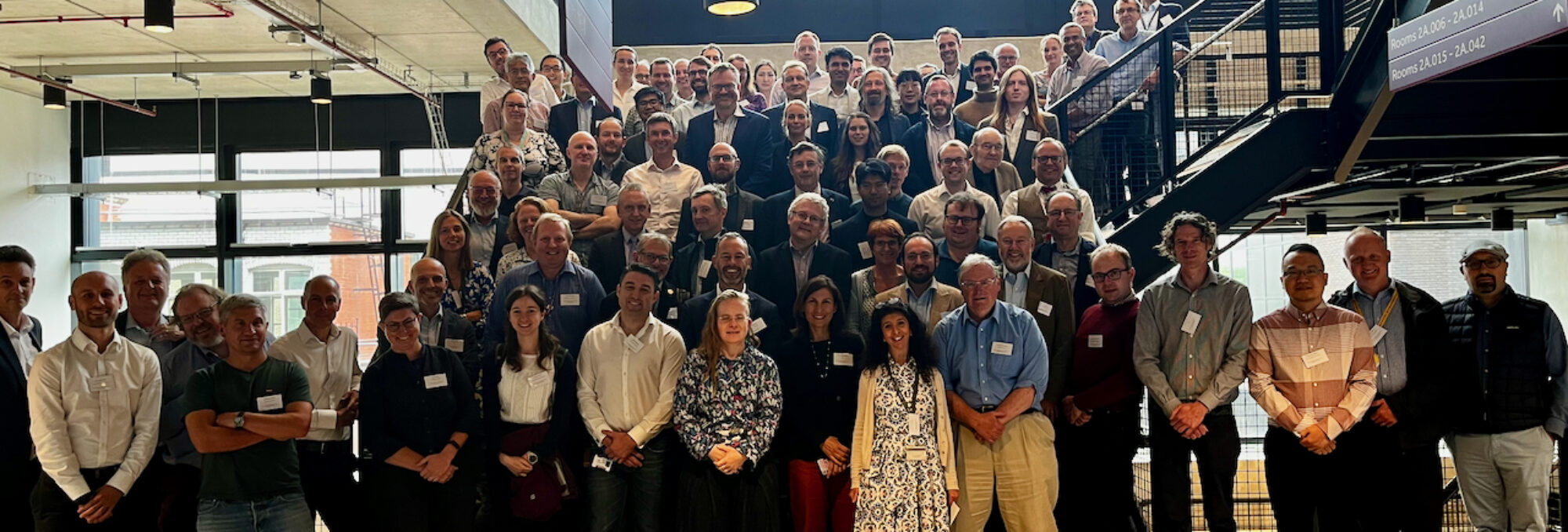There is increasing recognition in the international nuclear security community of the fundamental need for any nuclear security regime to effectively protect not only nuclear material and physical assets from non-state actors, but also the sensitive nuclear information, knowledge and know-how needed to obtain and use these goods.
At the 2012 Nuclear Security Summit, the UK sponsored a Multinational Statement on Information Security. This saw 31 signatory countries commit to:
- developing and strengthening national measures, arrangements and capacity for the effective management and security of information;
- enhancing national security culture;
- engaging with national scientific, industrial and academic communities;
- supporting the IAEA, and other international organisations and partner countries to achieve these aims.
The statement proposed 12 specific voluntary actions that countries could take to bolster their nuclear security regime. One of these was the “Encouragement and facilitation of the elaboration and implementation of ethical codes or other self-governance pledges on information security within the nuclear scientific and academic communities, including those working in dual-use areas”. This was the focus of discussion.
A Code of Conduct on Nuclear Information Security
One way in which sensitive knowledge might be obtained is through it being unwittingly transferred from individuals working within academia and research institutions. Organisations might mitigate this risk by adopting and embedding a mechanism to raise awareness of issues around dual use science and the communication of research findings.
UK action
In partnership with the UK Foreign and Commonwealth Office, Kings College London have drafted a Code of Conduct on Nuclear Information Security. The Code provides basic guidance for individuals and organisations on developing a strong nuclear information security culture, and aims to encourage the exchange of knowledge and ideas while promoting a greater awareness of the potential risks inherent in such exchange.
Discussion
The draft Code was discussed in each of 2 sessions. Both sessions were attended by a mix of research fellows, established academics and industry attendees. Main outputs from the discussion are captured below:
Utility
Participants agreed that the UK nuclear research community understood fully the need to protect sensitive information and research findings, and that the Code of Conduct was too high-level to provide guidance of utility to this particular audience. There was a demand, however, for experts from government and the NGO community to contribute to university ethics and induction courses, and for updated guidance on export control legislation for academics and researchers.
It was agreed that there were other communities of researchers that could be better sensitised to the need to protect sensitive information and the potential risks surrounding research on dual use technologies. A Code of Conduct could be a useful tool in enabling discussions and highlighting potential activities both in the UK and internationally.
Clarity
Language matters. The term ‘code of conduct’ was one that implied a level of bureaucracy and / or legal obligations rather than a setting out of ‘principles’ or best practices. The document’s title should be reconsidered.
Adoption
UK: Participants agreed that the adoption of any Code by UK institutions would depend on its being endorsed by a body such as the Royal Academy of Engineering. Other vehicles for endorsement / awareness raising included through Learned Societies and Professional Institutions and any future updating of the Universal Ethical Code for Scientists. Alternatively, Research Councils and other funding bodies might be encouraged to require those applying for grants to comment on potential dual use issues and mechanisms in place to manage these.
Internationally: The IAEA International Nuclear Security Education Network endorsing the Code would be a sensible route to seeing its adoption internationally.
Models
It was felt more could be done to learn from the nuclear safety sector, and the approaches and instruments used to develop and embed a robust ‘safety culture’.
Next steps
The draft Code would be further developed with an international audience in mind. FCO and Kings College London would be discussing it with the IAEA, and looking to finalise text January 2014. The final code would be presented to the Nuclear Security Summit community ahead of the third Summit in March 2014.
